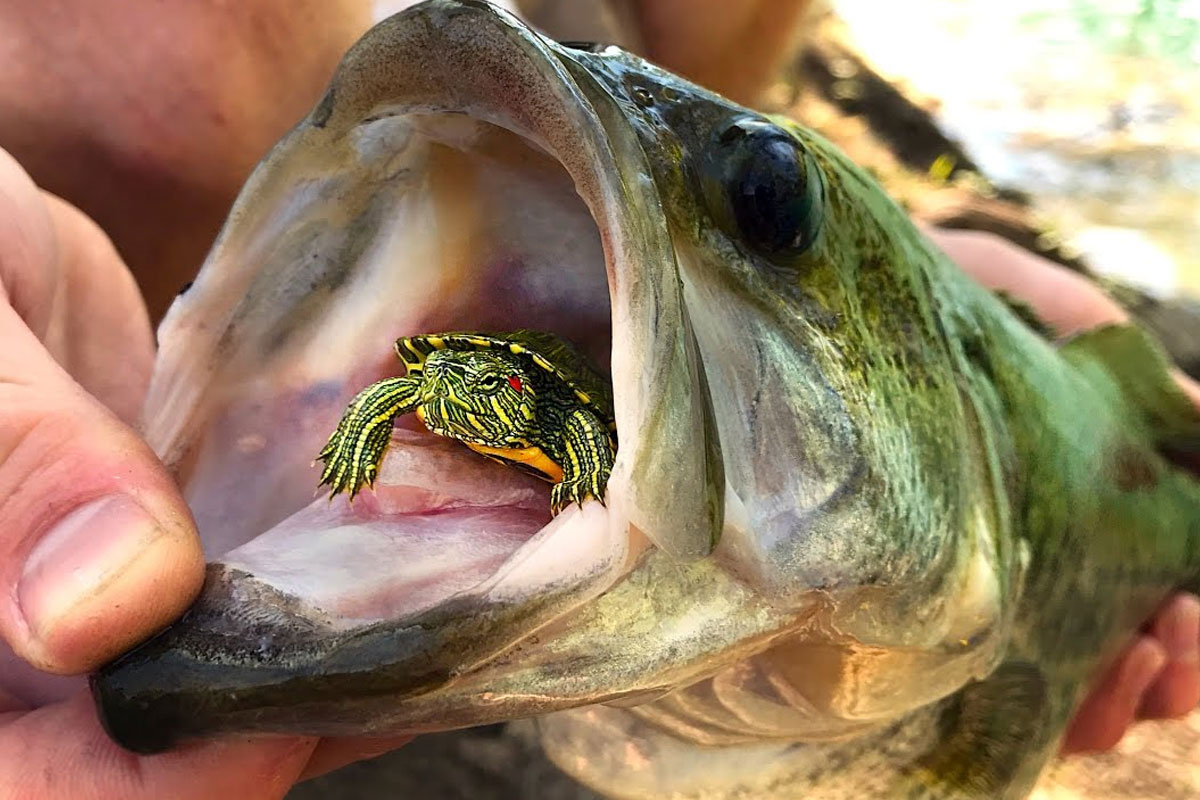Bass fishing is hugely popular, yet many anglers release their catch instead of eating it This contrasts with some other species eagerly kept for dinner So what’s behind the bass fishing catch-and-release ethos? Are there good reasons people avoid bass on their plate or is it simply unfounded tradition?
Why Catch and Release Became Bass Fishing’s Norm
Several factors likely shaped bass fishing’s cultural tendency towards catch and release
-
Sport fishing – Bass grew popular as a trophy game fish, prized more for the fight than food. Their size and strength make them a prime target for sport.
-
Prestige – Landing a lunker confers bragging rights. Photographing and releasing large bass allows repeat chances at glory. Keeping them removes future trophies.
-
Conservation – As bass fishing exploded in popularity, catch and release helped maintain healthy populations and fisheries. Limits and regulations encouraged voluntary conservation.
-
Taste – Some anglers believe larger, older bass develop a strong “muddy” flavor. Younger, smaller bass are considered better eating. And they put up less of a fight.
-
Habit – Once catch-and-release became widely accepted for bass, it became tradition. Anglers taught each other bass were purely for sport, not sustenance.
Why Biologists Now Recommend Keeping Some Bass
While catch and release protects bass numbers, fishery experts say balance is needed. Bass overpopulation also threatens ecosystems.
Selective harvesting of smaller bass helps in several ways:
- Thins density allowing remaining bass to grow bigger
- Reduces competition for prey species
- Creates room for other sport fish species to thrive
- Removes invasive fish in some waterways
- Provides anglers food to enjoy
Most biologists recommend keeping younger, smaller bass in the 10-15 inch range and releasing larger, older fish. This balances conservation with ecological stability.
The Benefits of Bass as Food
While bass aren’t yet a dinner table staple for many anglers, they offer healthy advantages:
- Firm, flaky white meat with a mild flavor
- High in protein and omega-3s, low in mercury
- Versatile for many cooking methods like baking, grilling, frying
- Mixes well with many seasonings and sauces
- Available year-round as a local, sustainable option
The flesh of younger bass tends to be tender and lowest in contaminants. Proper handling and cooking keeps it moist and enhances flavor.
Tips for Preparing and Cooking Bass
New to bass in the kitchen? Here are some tips for success:
- Chill bass immediately after catching. Bleeding, brining, and icing ensures quality.
- Fillet within 2 days. Freeze if longer storage needed. Defrost in fridge overnight before cooking.
- Season simply with lemon, herbs, salt and pepper. Avoid strong flavors that overpower.
- Bake, grill, or pan sear with a little oil. Breading or batter can work well too.
- Check for doneness early. Bass can dry out quickly. Flake flesh when opaque and 145°F internally.
Delicious Bass Recipes to Try
Ready to give bass a delicious chance in your kitchen? Here are some tasty recipes:
-
Blackened bass – Coat fillets with Cajun seasoning and sear in a very hot pan with butter.
-
Bass tacos – Bake or fry batter-dipped nuggets. Serve in soft tortillas with cabbage, pico and chipotle cream.
-
Bass ceviche – “Cook” raw bass in citrus juice, tomato, onion, cilantro and jalapeno. Chill before serving.
-
Bass soup – Simmer chunks of bass in broth with veggies. Finish with fresh dill.
-
Grilled bass and veggies – Top bass steaks with compound butter. Grill alongside summer squash and bell peppers.
-
Bass cakes – Make crispy patties from flaked leftover bass, bound with egg and breadcrumbs. Pan fry.
Bass can make for delicious, sustainable eating – not just trophy sport fishing. Keep an open mind and consider selectively harvesting and preparing younger bass caught. Help maintain thriving, balanced fisheries while enjoying the eating benefits bass provide.

